The findings call into question just how finely tuned our universe really is.
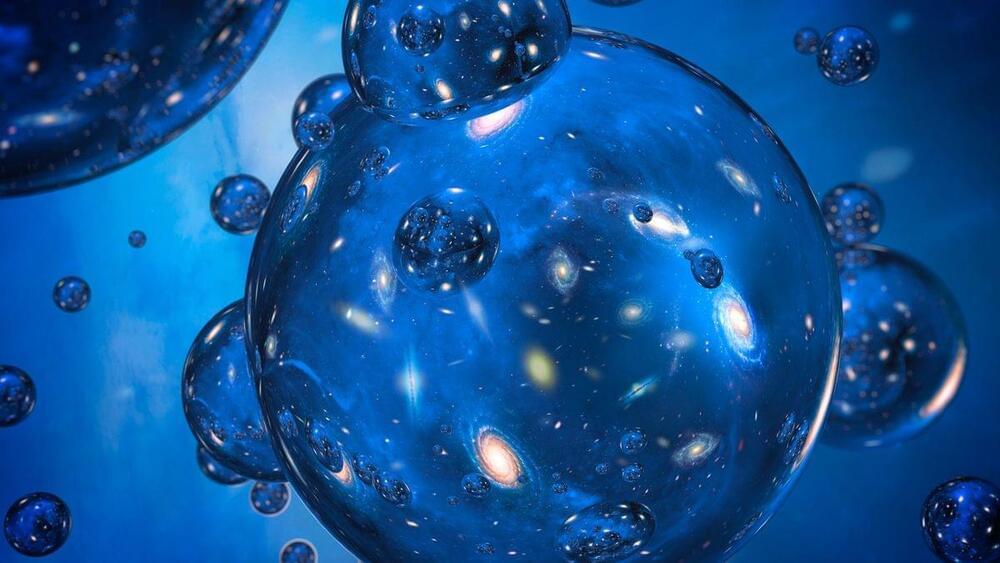


A team of astrophysicists, led by our Institute for Computational Cosmology, have developed a new model that could estimate how likely it is for intelligent life to emerge in our Universe and beyond.
In the 1960s, American astronomer Dr Frank Drake came up with an equation to calculate the number of detectable extraterrestrial civilisations in our Milky Way galaxy.
More than 60 years on, researchers at Durham, the University of Edinburgh and the Université de Genève, have produced a new model based on the conditions created by the acceleration of the Universe’s expansion and the amount of stars formed instead.


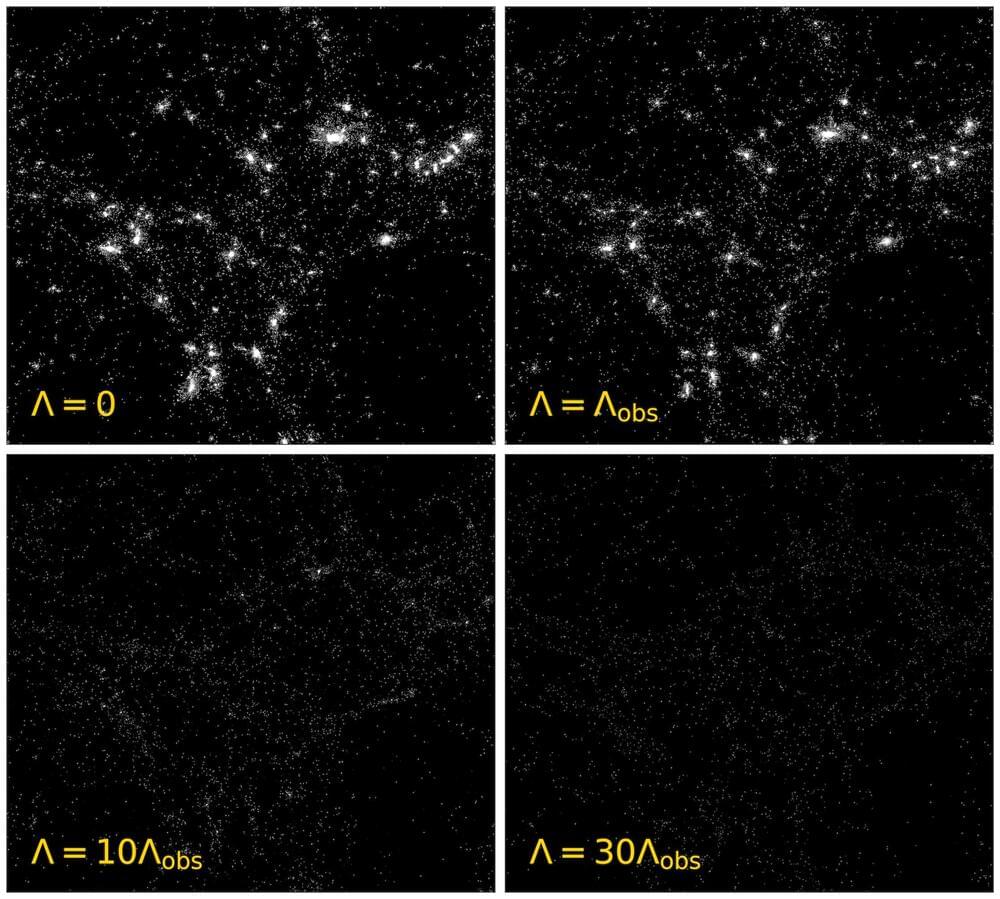
The approach presented in the paper involves calculating the fraction of ordinary matter converted into stars over the entire history of the universe, for different dark energy densities.
The model predicts this fraction would be approximately 27% in a universe that is most efficient at forming stars, compared to 23% in our own universe.
This means we don’t live in the hypothetical universe with the highest odds of forming intelligent life forms. Or in other words, the value of dark energy density we observe in our universe is not the one that would maximize the chances of life, according to the model.
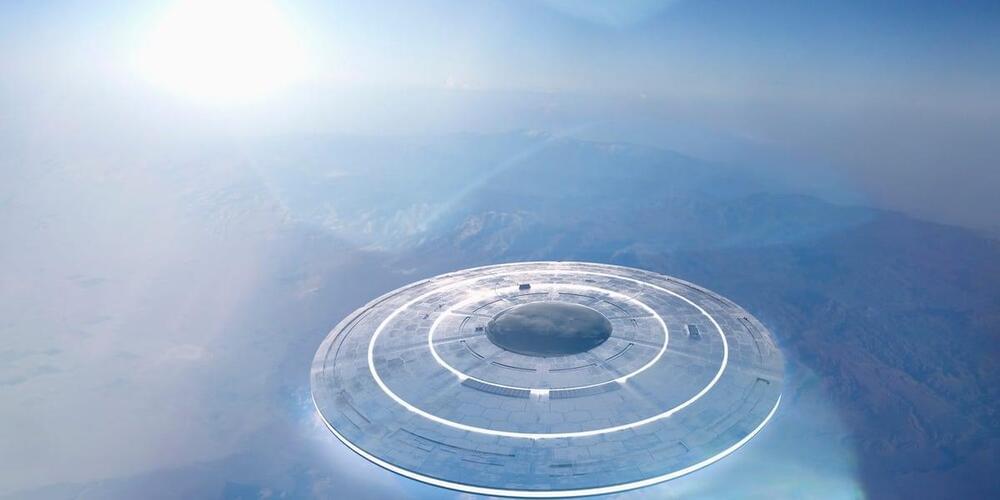

Researchers have developed a new method using the Allen Telescope Array to search for interplanetary radio communication in the TRAPPIST-1 star system.
A new technique allows astronomers to home in on planets beyond our solar system that are in line with each other and with Earth to search for radio signals similar, for example, to ones used to communicate with the rovers on Mars. Penn State astronomers and scientists at the SETI Institute spent 28 hours scanning the TRAPPIST-1 star system for these signs of alien technology with the Allen Telescope Array (ATA). This project marks the longest single-target search for radio signals from TRAPPIST-1. Although the team didn’t find any evidence of extraterrestrial technology, their work introduced a new way to search for signals in the future.
A paper describing the research was accepted for publication in the Astronomical Journal and is available online as a preprint.
Discovering Advanced Civilizations: Type 1 To 7 And Minus 0 To Minus 3: How Far Can We Go?
he kardashev scale type From Type 1 To 7 And Theand Reverse Scale: How Far Can We Go?
The Kardashev scale is a method used to determine a civilization’s technological advancement, which divides civilizations into three types, with type 1 being the simplest civilization of all.
The civilization created by the human race is not yet advanced enough to be considered a type 1 civilization. How long until we reach that classification? Stay to find out.
“Introduction“
Astrophysicist Nikolai Kardashev developed the Kardashev scale in 1964 to determine some characteristics that would facilitate the search for extraterrestrial life.
After analyzing several conditions in the history of the human race, Kardashev realized that there is a need that grows as civilization does, energy.
As the human race has expanded worldwide, so needs for energy.
Suppose this is inherent in all species that become an intelligent race. In that case, a hypothetical race of aliens who come to forge a civilization as significant or more extensive than that of humans will eventually also have an energy deficit.
To solve this energy need, an extraterrestrial race must develop technologies to meet the demand for energy needed to sustain all members of their civilization.
Kardashev theorized that in this sense, there must be 3 types of civilizations:
Type 1: A civilization that can harness all the energy its home planet gives them.
Type 2: A civilization that can harness the energy of its entire solar system.
Type 3: A civilization that can harness all the energy provided by the galaxy it is in.
“A type VII or K7 civilization would travel, transcend and ultimately oversee or ”be” the Omniverse which is the collection of every single universe, multiverse, megaverse, paraverse, 11d dimension, and 1st realm (reality). Everything is in the Omniverse, and there is only one Omniverse.” In other words, such a civilization would be as closest as godly as possible.
However, the achievement of a type 7 civilization will only be the end of a very long process of technological advancement and connection with the cosmos. To get there, we would first need to go to all the other civilization types that make up the scale. Let’s see what they consist of.
–
Another problem with the Kardashev Scale is the assumption that advanced civilizations have an insatiable appetite for energy and that they inevitably want to expand into space. When perhaps, turning a galaxy into a huge supercomputer is the last thing an advanced civilization would want to do…
At the end of the day, what do we know? Alien intelligence may have other desires… and goals that don’t involve this kind of intergalactic imperialism.
It must have been similar reasoning that brought cosmologist John Barrow
–
DISCUSSIONS & SOCIAL MEDIA
Commercial Purposes: [email protected].
Tik Tok: https://www.tiktok.com/@insanecuriosity.
Reddit: https://www.reddit.com/user/insanecuriosity.
Instagram: https://instagram.com/insanecuriositythereal.
Twitter: https://twitter.com/insanecurio.
Facebook: https://facebook.com/InsaneCuriosity.
Linkedin: https://www.linkedin.com/in/insane-curiosity-46b928277/
Our Website: https://insanecuriosity.com/
–
Credits: Ron Miller, Mark A. Garlick / MarkGarlick.com, Elon Musk/SpaceX/ Flickr.
–
00:00 Intro.
00:05 Type 1 Civilization on the Kardashev Scale.
12:48 Type 2 Civilization.
24:57 Type 3 Civilization.
35:40 Type 5 The Multiverse.
36:10 Type 7: We Might NEVER Reach it.
38:30 Type Minus. The reverse Kardashev scale.
-
#insanecuriosity #kardashevscale #advancedcivilization
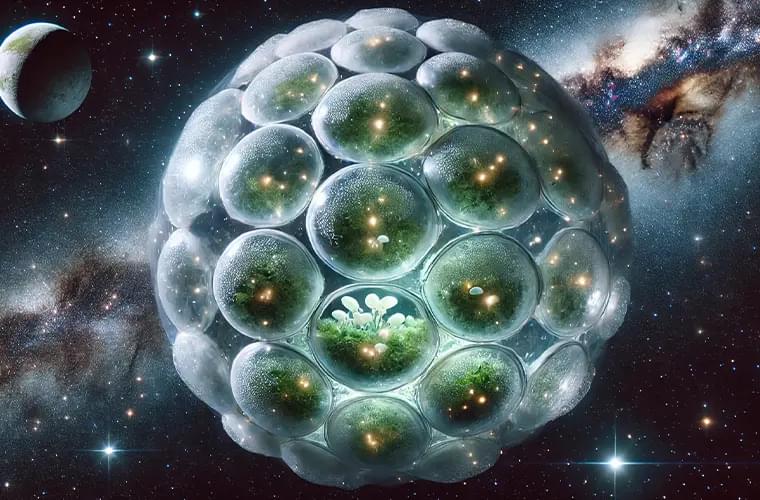
However, Dr. Robin Wordsworth of Harvard University and Dr. Charles S. Cockell of the University of Edinburgh argue that this focus has left unexplored possibilities for life in environments that don’t resemble our own.
In a preprint paper accepted for publication in the journal Astrobiology, researchers challenge conventional assumptions about extraterrestrial life and explore the feasibility of life existing in structures created by living organisms themselves.
As researchers suggest, life-supporting conditions created solely by biological structures could indeed exist, making it entirely possible for some forms of life to thrive in space habitats vastly different from those on Earth.
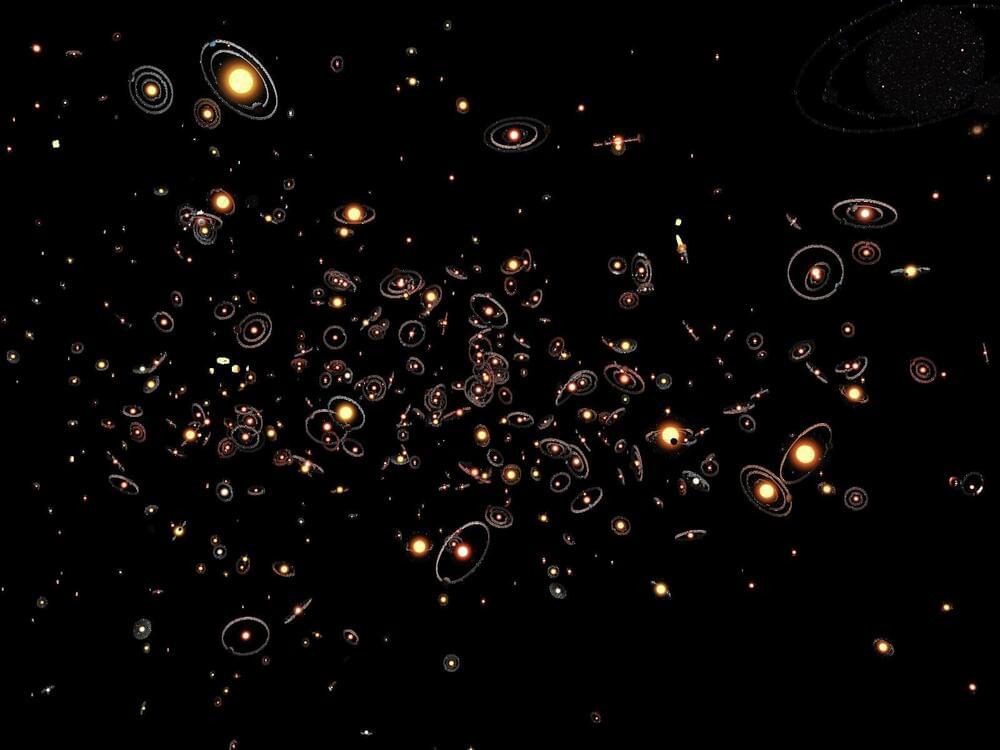
According to astrophysicist Erik Zackrisson’s computer model, there could be about 70 quintillion planets in the universe. However, most of these planets are vastly different from Earth — they tend to be larger, older, and not suited for life. Only around 63 exoplanets have been found in their stars’ habitable zones, making Earth potentially one of the few life-sustaining planets. This could explain Fermi’s paradox — the puzzling lack of evidence for extraterrestrial life. While we continue searching, Earth might be truly special.
After reading the article, Harry gained more than 55 upvotes with this comment: “If life developing on Earth the way it has is 1 in a billion, then this would imply that there is life on at least a billion other planets (?)”
The prevailing belief among astronomers is that the number of planets should at least match the number of stars. With 100 billion galaxies in the universe, each containing about a billion trillion stars, there should be an equally vast number of exoplanets, including Earth-like worlds — in theory.